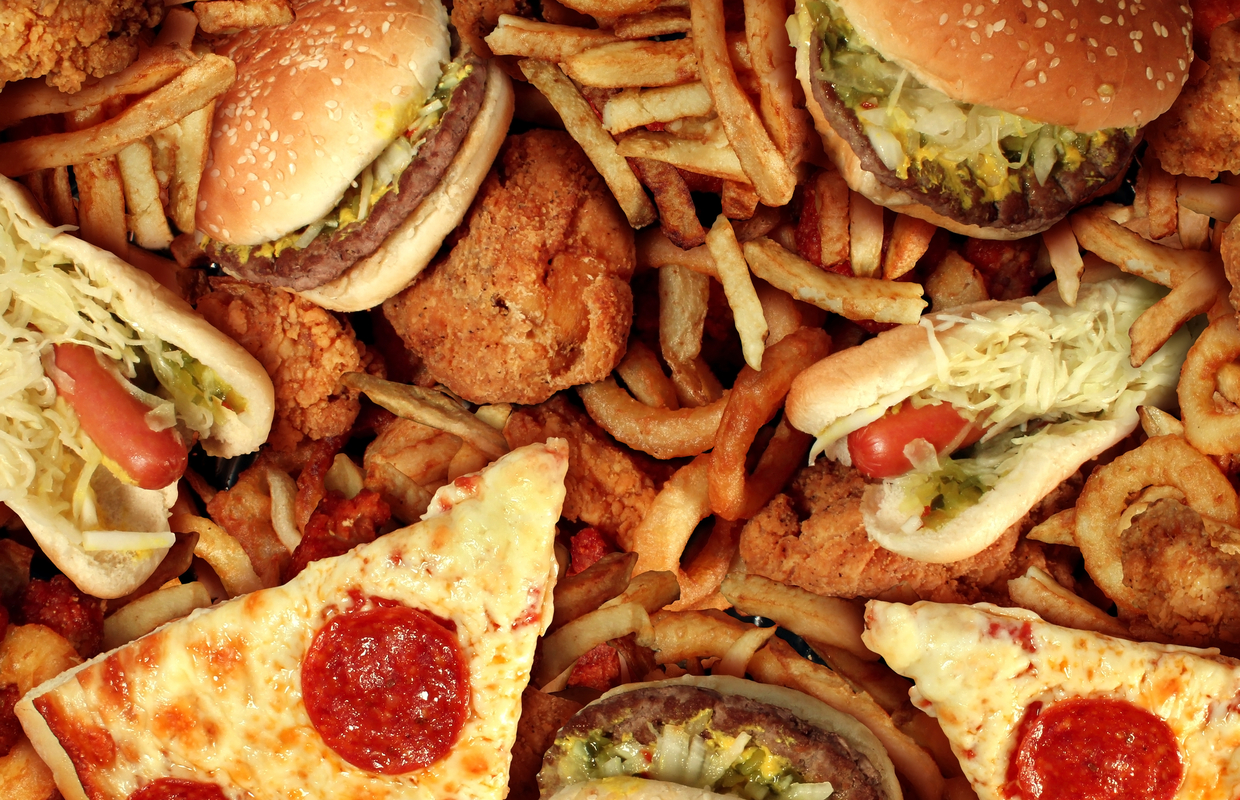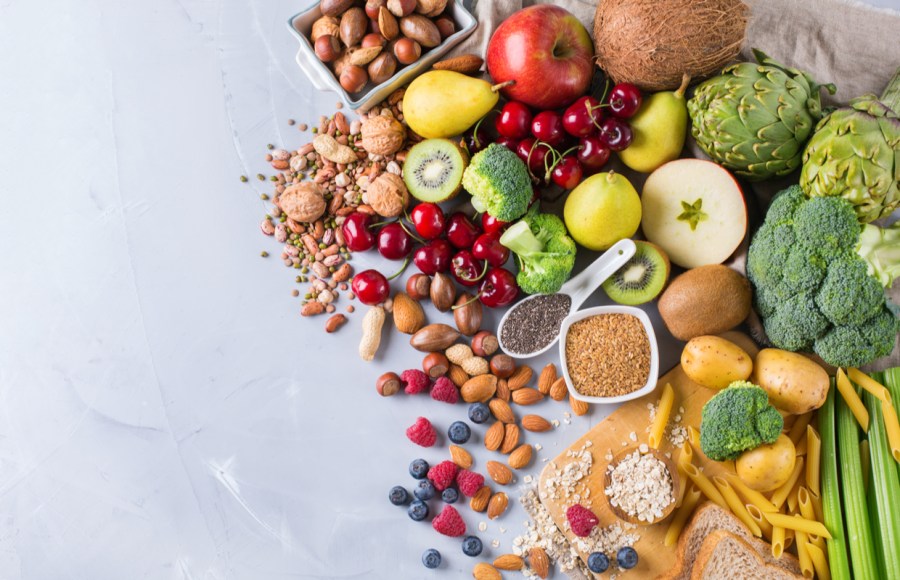ADVERTISING PROMOTION
The College of Naturopathic Medicine (CNM) reveals how a naturopathic diet& could increase your energy levels, prevent illness and improve your overall health…
A naturopathic diet is a highly nourishing diet that supplies the body with all the nutrients needed for health, growth and longevity. It’s free from harmful substances and focuses on optimising the digestion of food, absorption of nutrients and supporting detoxification processes.

What are the principles of a naturopathic diet?
- Eat fresh, organic whole foods that are in season and sourced locally.
- Consume a range of plant-based foods including veg, fruit, herbs and spices, wholegrains, seeds (sprouts), nuts and legumes.
- Only eat organic, grass-fed meat, poultry or game. Meat is highly acidic, so limit your intake to once or twice per week. Fish is fine to eat, but ensure it’s wild-caught and not farmed.
- Healthy fats are essential, especially omega-3 fatty acids from wild-caught oily fish, flaxseeds and chia seeds.
- Ensure you drink sufficient filtered or spring water as we need water to regulate body temperature, transport nutrients, remove wastes, nourish joints and cartilage and provide fluid for the production of bile to support digestion.
- Fast regularly to allow the digestive tract to rest and replenish, and direct energy to other parts of the body to heal and repair. Fasting also promotes healthy weight management and prevents overeating.

Which foods should I avoid for a naturopathic diet?
- Junk food is highly processed, devoid of nutrients and often contains genetically modified ingredients and chemical additives.
- Damaged oils and fats including margarine, fried fast food, commercial baked goods and refined or overheated oils. The oils promote inflammation and an increased risk of heart disease, cancer and other chronic health issues.
- Table salt is highly refined and contains traces of toxic compounds. Opt for rock salt, sea salt or Himalayan salt in small amounts.
- Processed cows dairy is difficult for many people to digest and it contains high amounts of a chemical called insulin-like growth factor. Nut, oat and coconut milks are better options.
- Soya (unless organic) is often genetically modified. Many people find it difficult to digest. Only eat fermented soy products, such as tempeh.
- Coffee (including decaffeinated). The roasting of the beans and the decaffeinating process produces toxic compounds.
About CNM:
CNM teaches the importance of a naturopathic diet that includes the use of whole, organic and seasonal plant-based foods, prepared and eaten in a way to ensure maximum nutrient absorption.
CNM has a 22-year track record training successful natural health practitioners, in class and online, with colleges across the UK and Ireland. To find out more, visit cnmcourses.com or call 01342 777 747.









